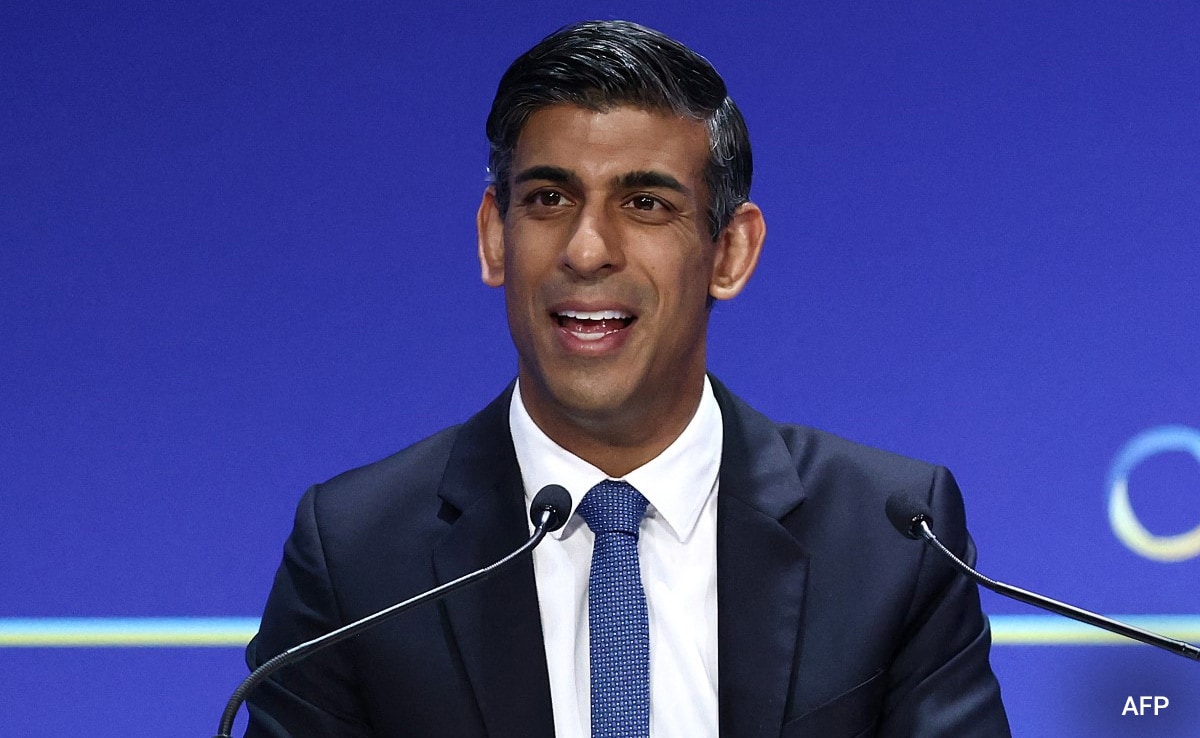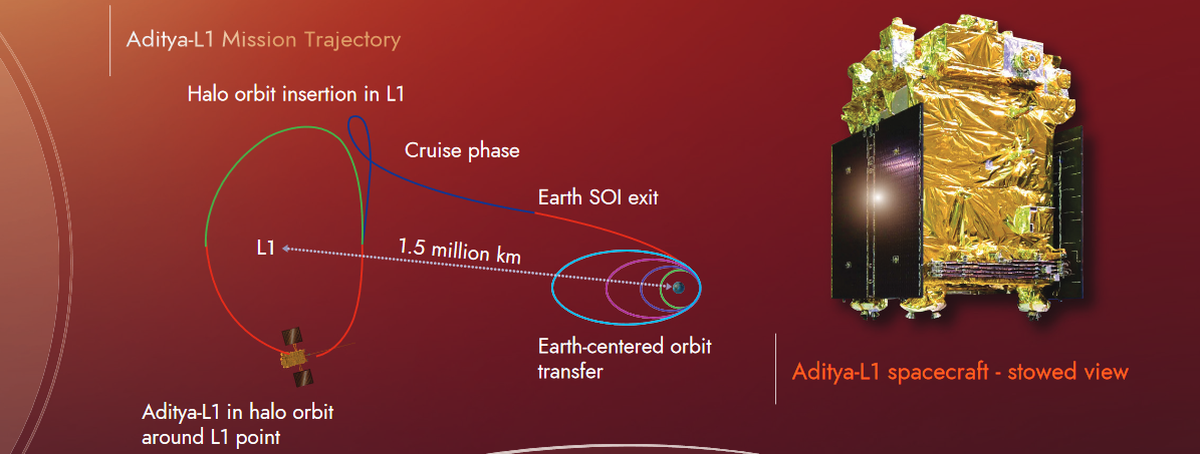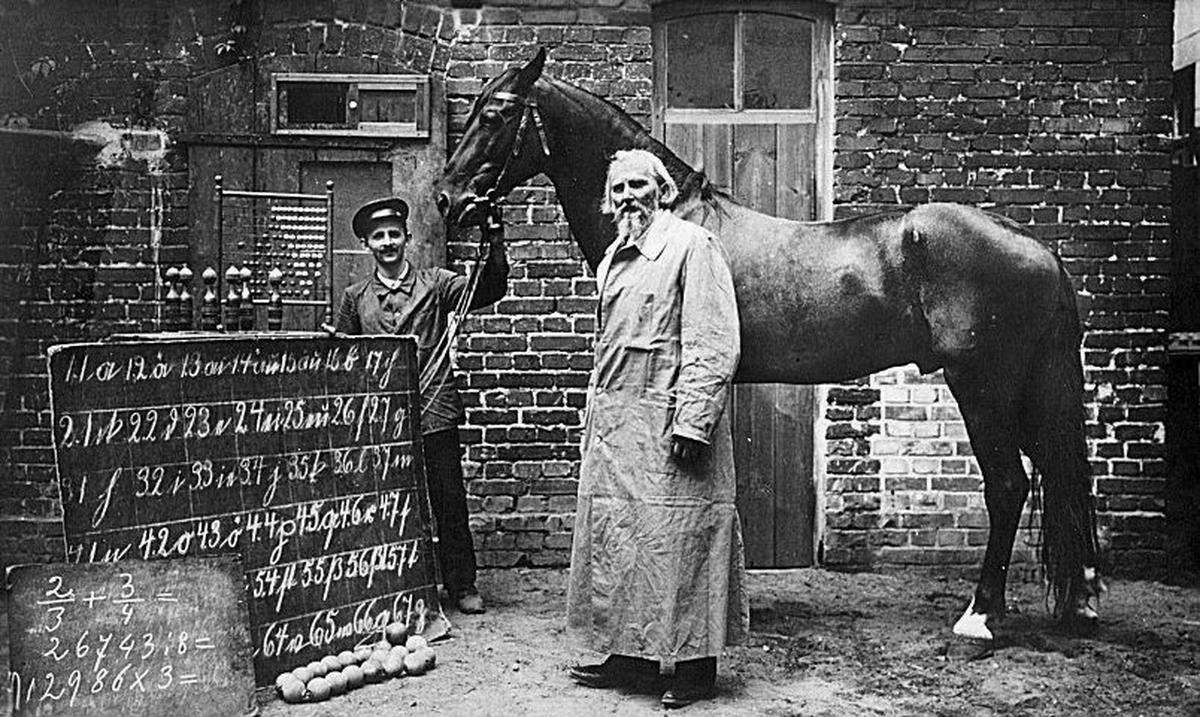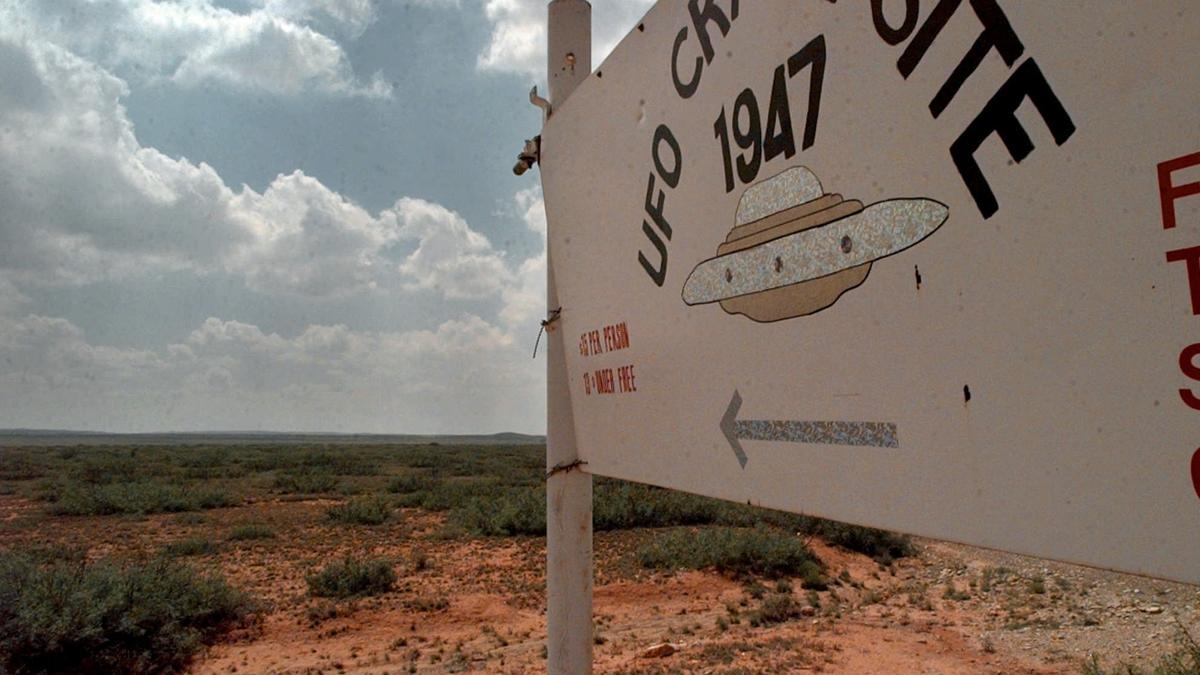Indian Space Research Organisation (ISRO)‘s PSLV-C60 / SPADEX Mission successfully lifts off from the Second launch-pad Satish Dhawan Space Centre at Sriharikota in Andhra Pradesh on Monday, December 30. 2024.
| Photo Credit: B. Velankanni Raj
The Indian National Space Promotion and Authorization Centre (IN-SPACe) on Tuesday (December 31, 2024) said that it facilitated the successful establishment and operationalisation of 10 hosted payloads from Non-Government Entities (NGEs) on board the POEM-4 module of the PSLV-C60/SPADEX mission.
The mission was launched by the Indian Space Research Organization (ISRO) on December 30.
“The mission that launched today, carried out in-orbit scientific experiments at an altitude of 350 km with a 55-degree inclination, utilizing the spent PS4 stage repurposed as the PSLV Orbital Experimental Module (POEM-4),” said IN-SPACe which is the autonomous nodal agency under Department of Space to promote NGE’s undertake space activities.
It can be recalled that POEM is an innovative platform that repurposes the fourth stage of the PSLV into an orbital experiment module after the primary mission. It conducts scientific and technological experiments in orbit. Equipped with essential capabilities like power supply, telemetry, and command support, POEM enables seamless operations for on board experiments. By leveraging existing infrastructure, it offers a cost-effective and rapid development approach for diverse research pursuits.

“The PSLV Orbital Experiment Module (POEM) is a practical solution deployed by ISRO that allows Indian start-ups, academic institutions, and research organizations to test their space technologies without the need to launch entire satellites. By making this platform accessible, we are reducing entry barriers and enabling a wider range of entities to contribute to the space sector. At IN-SPACe, our role is to create opportunities for such collaborations and ensure that India’s private sector can grow alongside advancements in space technology. Missions like these will be instrumental in capacity building by enabling NGEs to get their payloads space qualified, thus augmenting their future satellite launch missions,” Dr Pawan Goenka, Chairman, IN-SPACe said
In total 24 PS4-Orbital Experiment Module (POEM-4) payloads were deployed onboard the PSLV-C60 SpaDeX mission to support a wide array of scientific and technological endeavours.
Of these 10 payloads are from NGEs and they include the RV-SAT1 from RV Engineering College from Bengaluru whose mission objective is to study gut bacteria Bacteroides thetaiotaomicron and prebiotic effects in microgravity and the APEMS payload from Amity University Maharashtra, Mumbai to study growth-related changes of plant callus in Spinacia oleracea under microgravity and natural gravity.
Published – December 31, 2024 12:38 pm IST













